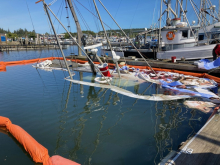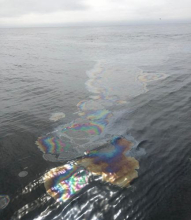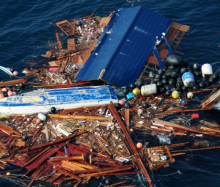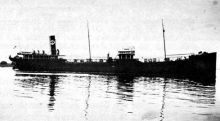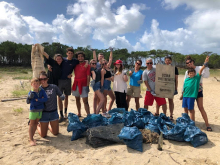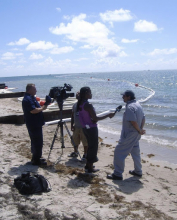Preventing Marine Pollution through a Historic Shipwreck Database
alyssa.gray
Fri, 10/01/2021 - 14:29
The Power of Prevention to Keep the Sea Free of Marine Debris
alyssa.gray
Thu, 09/30/2021 - 11:53
Backyard Pollution Prevention: 5 Ways to Help Keep Waterways Healthy
alyssa.gray
Tue, 09/28/2021 - 14:35
NOAA Contributes to U.S. Coast Guard Mission to Recover Oil from Sunken WWII Vessel
alyssa.gray
Mon, 09/13/2021 - 17:15

